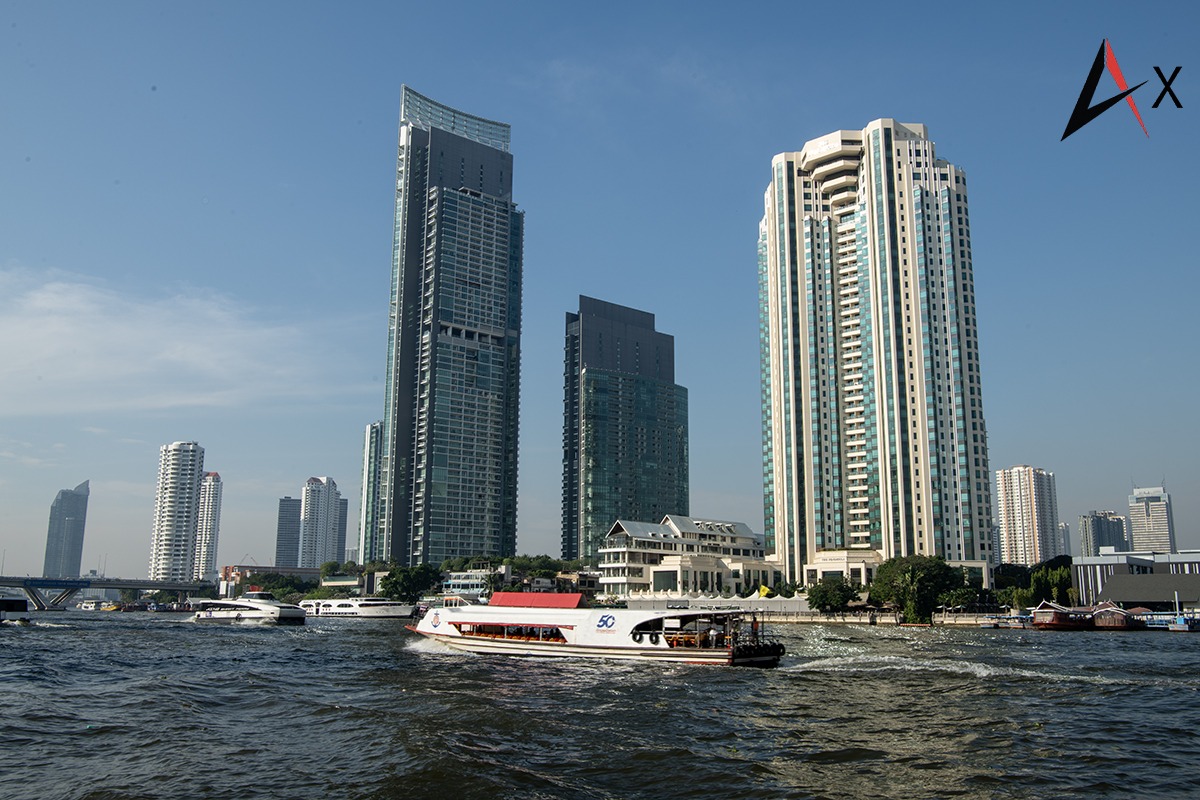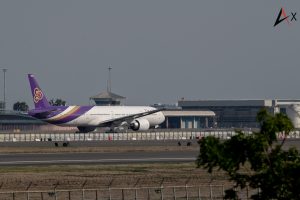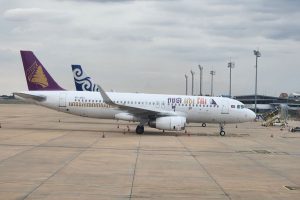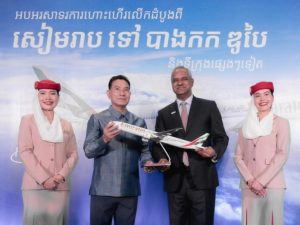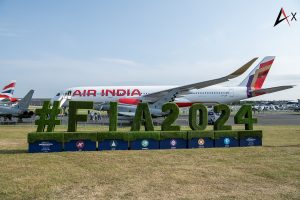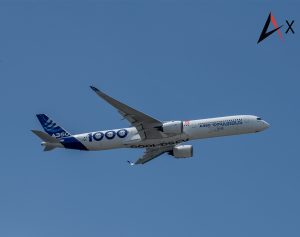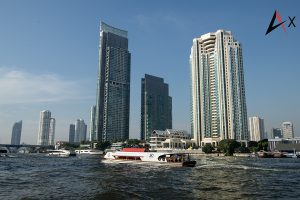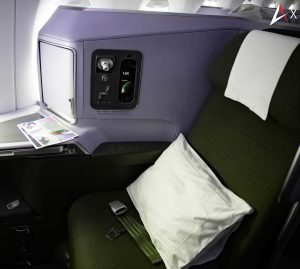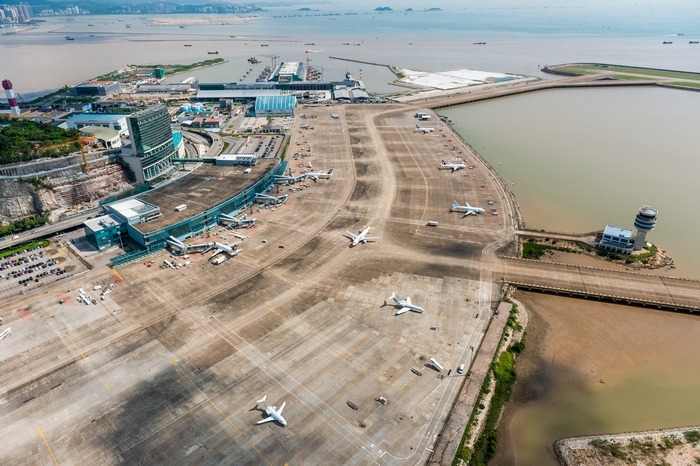
Airfares between various Chinese cities and destinations like Zhuhai or Macao have gradually decreased over the past two years, making travel more accessible and affordable.
In 2023, the average flight ticket to Macao was RMB 1,003 (approximately USD 140), but by 2024, it had fallen to RMB 910 (around USD 127). Similarly, flights to Zhuhai decreased from RMB 1,000 (about USD 140) in early 2023 to RMB 800 (about USD 112) in 2024. Business class fares followed the same downward trend: to Macao, they dropped from RMB 3,872 (roughly USD 542) in 2023 to RMB 3,549 (around USD 497) in 2024; for Zhuhai, from RMB 2,218 (USD 311) to RMB 2,111 (USD 296).
This decline is partly due to demand shifting toward land and sea crossings, aided by infrastructure like the Shenzhen-Zhongshan Corridor and the Hong Kong-Zhuhai-Macao Bridge, which connect major airports—such as Shenzhen and Hong Kong—with Zhuhai and Macao.
Data indicates that, compared to the first quarter of 2024, mainland travelers arriving via Macao airport decreased by 4.7%, while those coming by land or sea increased by 6.9%. Several factors contribute to this shift:
- Cost and entertainment options:
Macao’s casino industry has evolved to include significant non-gaming entertainment. With government incentives encouraging casino operators to develop large performance venues and host concerts, the city now boasts a vibrant entertainment scene, with numerous performances almost every week—including over a dozen scheduled in May. Hosting concerts in Macao is more cost-effective than in neighboring Hong Kong, and performers face fewer bureaucratic hurdles compared to mainland China, helping to attract international acts. - Travel policy changes:
In 2023, new policies allowed for cross-regional processing of group travel endorsements, significantly affecting travel patterns among Zhuhai, Macao, Shenzhen, and Hong Kong. These permits, once aimed at groups, are now frequently used for individual travelers, especially as some cities lack sufficient self-service immigration machines. Many travelers opt to fly into Zhuhai’s Jinwan Airport to secure their endorsements and then proceed to Macao, instead of applying for permits at home before traveling. Tour guides favor this method as it simplifies logistics. - Traveler behavior and restrictions:
Restrictions related to Macao’s gaming industry vary across mainland China, prompting tourists, tour guides, and travel agencies to adopt creative routes. One common workaround is “via Zhuhai, borrowing Hong Kong, then entering Macao”: travelers fly into Zhuhai, exit mainland China using a Hong Kong travel endorsement at the bridge checkpoint, and re-enter Macao with a passport and ticket. Such practices are diversifying how travelers reach Macao, reducing reliance on direct flights, and prompting the city’s aviation sector to reconsider its strategies for attracting visitors.


